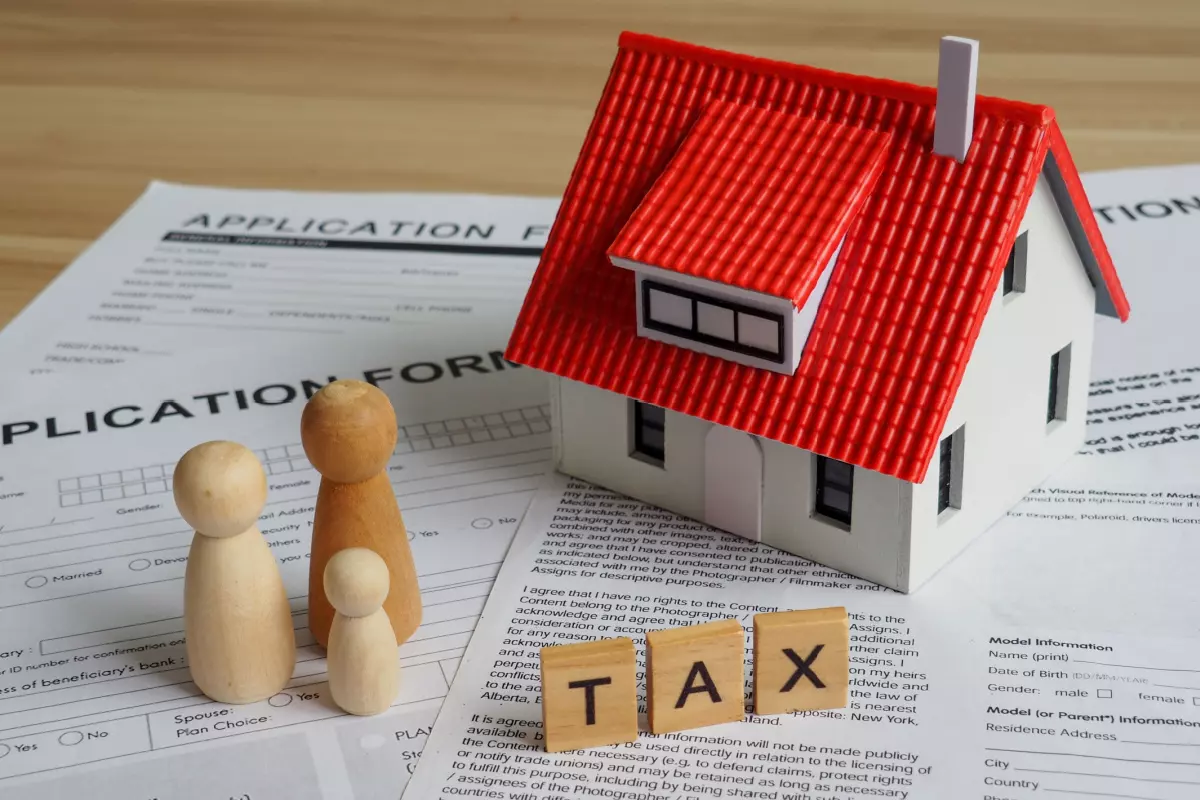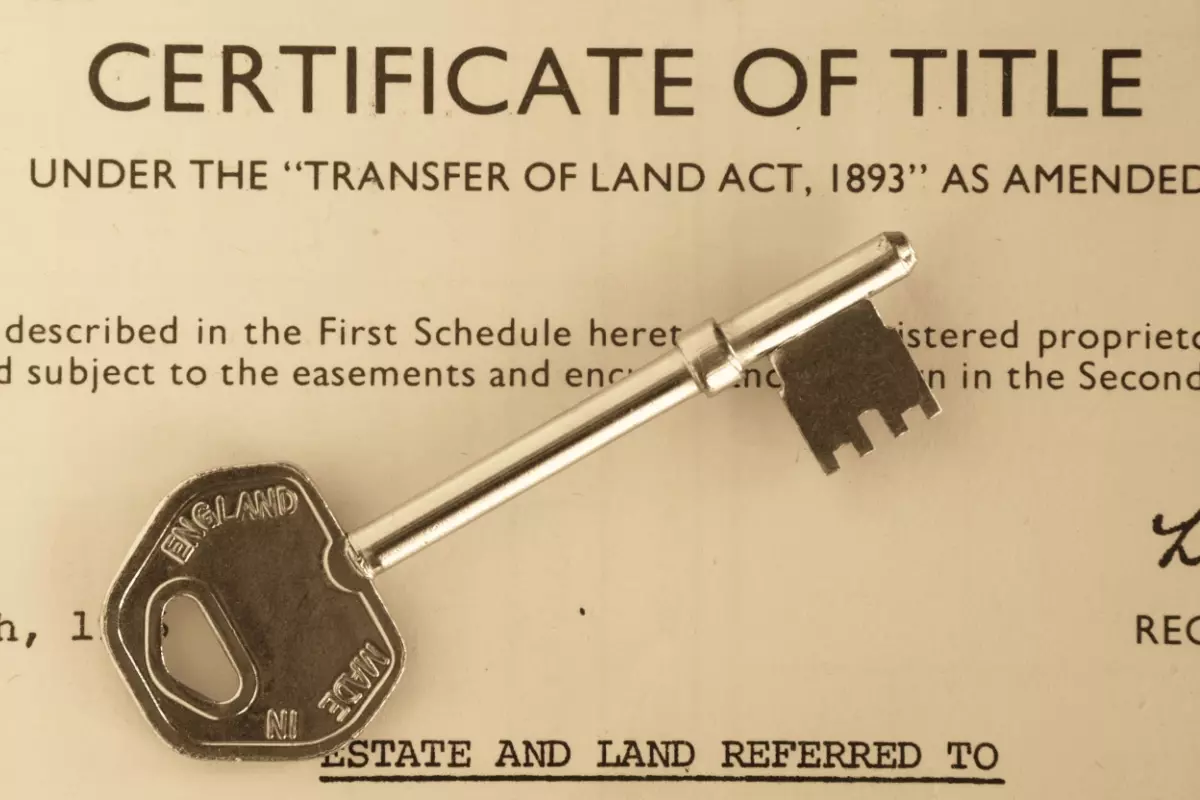What Is Tax Lien Investing? A Beginner’s Guide
Are you ready to uncover a hidden gem in the investment world? Picture yourself unlocking a high-reward opportunity that many overlook – tax liens investing. It’s like finding a rare coin; with the right knowledge, you could turn a small investment into a significant payoff.
With tax lien investing, you can earn income by purchasing claims against properties with unpaid taxes. While the potential profit is significant, it’s not a simple path and requires due diligence.
So, if you’re curious and ready to learn more, you’re in the right place. In this article, we talk about tax lien investing and how it can be your next smart financial move.
Tax Lien Investing Explained
Tax lien investing is the process of purchasing liens for unpaid property taxes on a residential or commercial property. When a property owner doesn’t pay their taxes, the government issues a lien to secure the unpaid amount. This lien must be settled before the homeowner can sell the property or refinance a mortgage.
This is where investors step into the picture. Governments often sell these tax liens to investors through auctions to recoup the unpaid taxes quickly. By purchasing tax liens, you’re paying the owed taxes to the government, and in return, you get the right to collect that money back, plus interest, and make extra money.
Think of it as providing a loan to the homeowner. They have a set period to pay you back with interest, which is your earnings on the investment. If they can’t pay, you may be able to take ownership of the property.
How to Invest in Tax Liens
Tax lien investing is a sequential process that unfolds in stages. When property taxes go unpaid, investors have the opportunity to step in. By purchasing tax liens, they pay off the existing property taxes to the government. For homeowners, this potentially buys them more time to arrange their finances to pay off the investor directly and retain ownership of their homes.
Here is a deeper dive into how to invest in tax liens:
Property Taxes
Property taxes are annual dues that property owners pay to their local governments. Once these taxes become delinquent, local governments need to recoup this revenue to balance their budgets. This is where tax lien investing comes into the picture.

This situation opens up opportunities for investors looking into how to buy property with delinquent taxes. But do you own the property if you pay someone’s property taxes through this method? Not immediately. Ownership is only a possibility if the homeowner doesn’t repay the tax debt within the stipulated redemption period, potentially leading to a foreclosure process.
Tax Lien Certificates
The government places a lien on the property, which is a legal claim against it for the debt. This lien must be paid before the property can be sold or refinanced.
Rather than wait for the property owner to pay up, the government issues tax lien certificates for these debts and sells them to investors. The certificates represent the amount owed in taxes, penalties, and interest.
Auctions
These tax lien certificates are then auctioned to investors. The auction process determines who will purchase the lien and at what interest rate. Investors bid either on the interest rate they’re willing to accept or on a premium they will pay above the tax debt.
The winning deal is typically the one that offers the most attractive deal to the government, balancing a low interest rate with a high premium payment. The investor agrees to pay the delinquent tax liens to the government on behalf of the property owner, and, in return, they get the tax lien certificate.
Redemption Period
Once an investor purchases a tax lien certificate, the property owner enters the redemption period. The property owner is given a chance to pay back what they owe during this period, which can last from six months to several years, depending on the state and local jurisdiction. If the property owner repays within this period, the investor receives their investment back plus the agreed-upon interest.
Taking Ownership
If the debt remains unpaid past the redemption period, the investor holding the tax lien certificate has the right to foreclose on the property. This is a legal process where the investor may gain the right to purchase the property. The cost is typically limited to the amount of the unpaid taxes, along with any incurred costs, which are often far below the market value.

Foreclosure is usually a time-consuming and complex legal process. However, it can be a strategic move for investors aiming for residual income by acquiring valuable real estate at a fraction of its worth, making tax liens investing a potentially profitable venture.
Tax Lien Investing Pros and Cons
Investing in tax liens can be an attractive option for those looking to diversify their portfolio with real estate-backed securities. However, like any investment, it comes with its own set of advantages and challenges. Here’s an overview to help you weigh the potential benefits against the risks.
Pros of Tax Lien Investing
- High-Interest Rates: The rates on tax lien certificates are set by the government, typically ranging from 8% to 30%, with different states capping at certain limits. For example, Florida has a cap of 18%, while Arizona limits it to a maximum of 12%. This rate compounds until the homeowner pays off the lien, providing the potential for a strong return on investment.
- Predictable Timeline: The redemption period offers a fixed window in which you can expect to receive your investment back with interest. This predictability can aid in planning and cash flow management for your portfolio.
- Property Acquisition: If the homeowner fails to pay the tax debt, you may have the opportunity to acquire the property at a cost that’s just a fraction of its value, potentially leading to a substantial profit margin.
- Government-Regulated: Government agencies conduct the sales of tax liens, providing a structured and regulated environment. This regulation helps to standardize the process and protect investor interests.
- Low Capital Requirement: Entry into tax lien investing can start with just a few thousand dollars, allowing investors to participate without the high capital typically needed for direct real estate investments.
- Diversification: Including tax liens in your portfolio spreads out your risk. Real estate-backed investments can serve as a hedge against the volatility of the stock market or low interest rates in other fixed-income options.
Cons of Tax Lien Investing
- Competition: Tax lien auctions can attract seasoned investors, which may drive up the cost of liens and reduce the overall return on investment, especially in markets with high demand.
- Illiquidity: Unlike stocks or bonds, if you buy tax lien certificates, they can’t be quickly sold on a secondary market. This lack of liquidity means that your capital can be tied up until the lien is redeemed or the property is foreclosed upon.
- Redemption Period: There’s a chance the homeowner will pay off their tax debt before the end of the redemption period. While you will receive your investment back with interest, this may result in a lower yield than expected if the redemption occurs early in the period.
- Property Condition: Acquiring property through foreclosure may seem like a windfall, but the condition of the property can be a gamble. Sometimes, these properties have been neglected or have significant wear and tear, leading to costly repairs and maintenance. These additional expenses can quickly add up, eating into the profits you anticipated.
- Additional Costs: Foreclosure can incur legal fees, and there may be other outstanding debts or liens on the property that will need to be settled, adding to the complexity and cost of the investment.
- Risks of Buying Tax Deed Properties: In some cases, the investor may be able to purchase the property outright rather than just the lien. In a tax deed sale, the investor buys the deed to the property, gaining ownership immediately after the sale, but this ownership may come with unresolved claims like title issues.
Tax Lien Investing Risks
Tax lien investing, while lucrative, carries distinct risks. The volatility of the real estate market can impact both property values, directly affecting potential returns. Timing is also uncertain – homeowners may pay off their debts at any point during the redemption period, which can result in lower interest earnings if the debt is paid off earlier.

Moreover, legal hurdles may extend beyond the risks of buying a foreclosed property. Issues like unclear property titles can emerge, leading to disputes that are both time-consuming and expensive to resolve. Additionally, investors may face the possibility of encountering properties with hidden environmental problems, such as contamination from hazardous materials like asbestos, lead paint, oil, or industrial chemicals.
Therefore, it’s always better to approach tax lien investing with caution, prepared for the nuances and potential hurdles that come with these types of investments.
Tips for Successfully Investing in Tax Liens
Now that you know how tax lien investing works, it’s time to see the right approaches to this venture. Here are some actionable tips to help you succeed in this investment arena:
- Understand the Legal Framework: Immerse yourself in the specific legalities of tax lien investing in the jurisdiction of interest. This includes knowing the interest rate caps, the length of the redemption period, and the foreclosure process. You can check the redemption periods and interest rate caps per state on this website.
- Scout Different Areas: Broaden your scope and consider multiple areas for tax lien opportunities. Diversifying geographically can help manage risks associated with local economic downturns or property market fluctuations. You can also bid in different states, as the economic conditions in one region may not reflect those in another, providing a safeguard against regional volatility.
- Assess the Property Thoroughly: Before bidding, investigate the property’s condition, location, and market value. While a direct physical inspection prior to bidding is not usually possible, especially if the house is occupied, you can use satellite imagery to inspect the area and consult with real estate agents.
- Develop a Strategic Approach to Auctions: Familiarize yourself with the auction process and decide on a strategy beforehand. Determine the maximum bid you’re willing to place based on the potential return on investment and stick to it to avoid overbidding.
- Communicate With the Homeowner: While it’s not customary or required, reaching out to the homeowner before an auction can sometimes yield insights into the property’s condition and the owner’s intentions. Keep in mind that this approach requires sensitivity and adherence to legal boundaries. You cannot pressure the homeowner to not pay off the lien or make false promises, as it can consequently turn into legal action against you.
- Plan For Various Outcomes: Have a clear plan for each possible scenario, whether the lien is redeemed quickly, at the last minute, or not at all, and you have to consider foreclosure.
Final Thoughts
As we draw the curtain on our explanation of tax lien investing, it’s clear that this avenue offers a unique blend of opportunities and challenges. It’s not just about the potential for high returns but also about the strategic finesse required to navigate the auctions, the patience needed during the redemption period, and the due diligence for assessing property risks. With these principles in mind, you’re well-equipped to unlock the potential that tax liens investing has to offer.